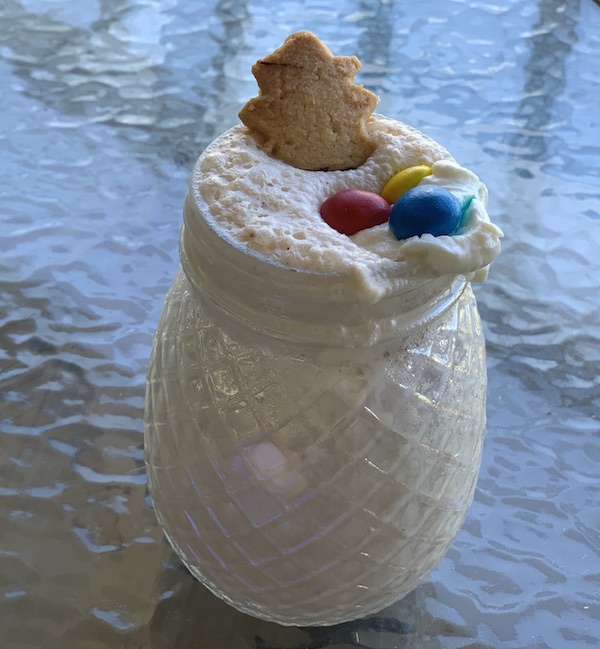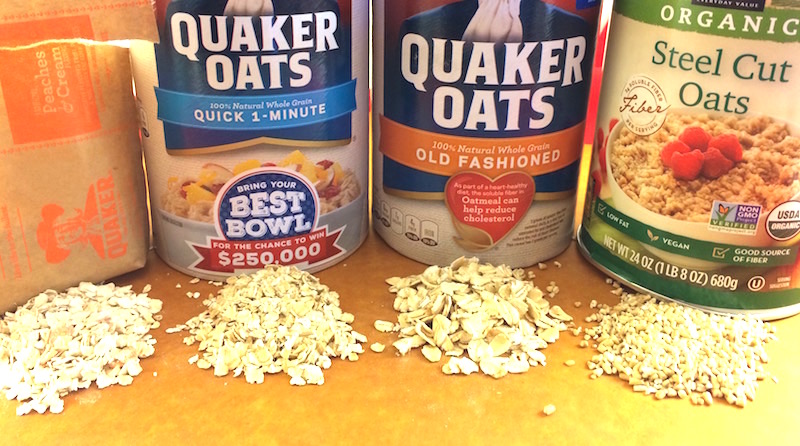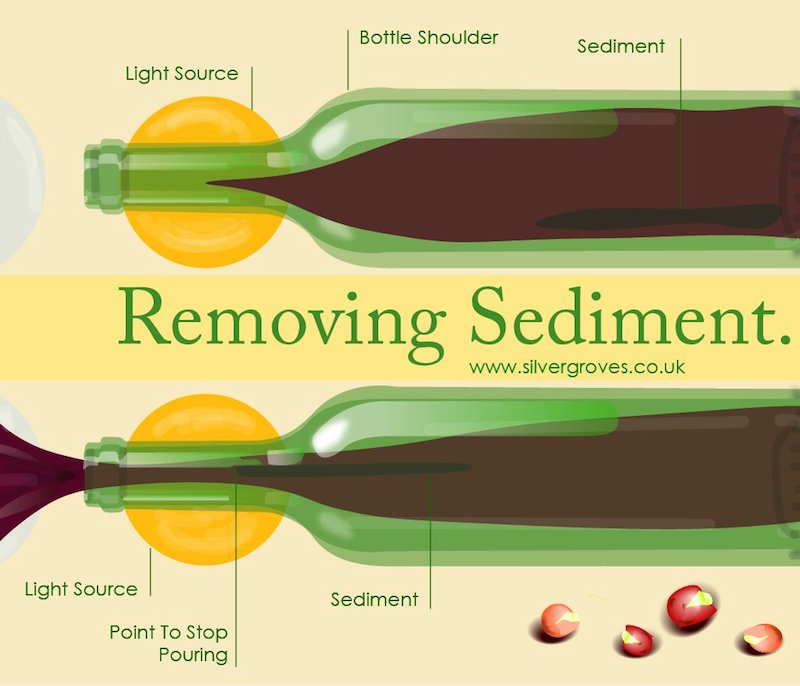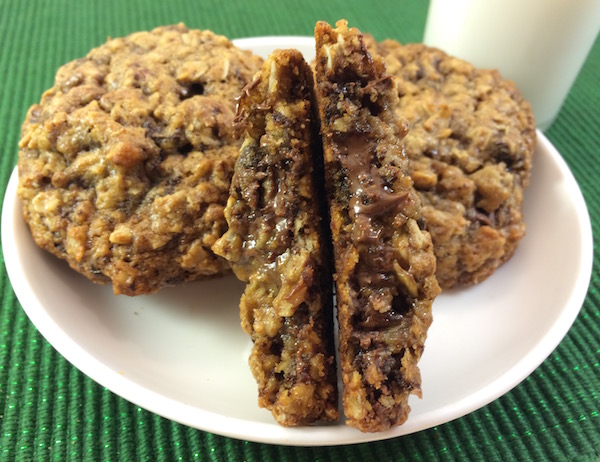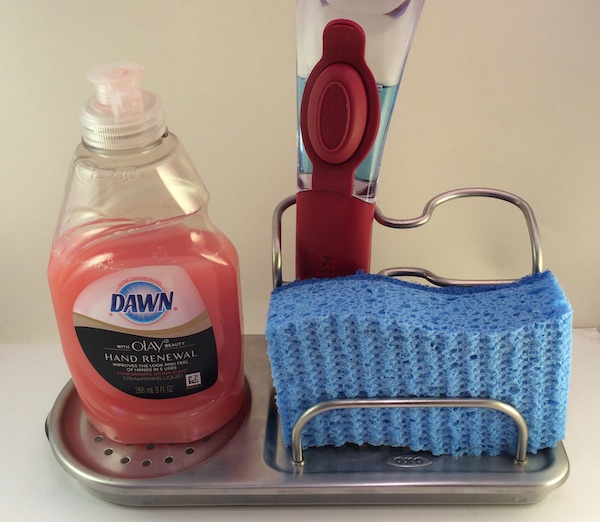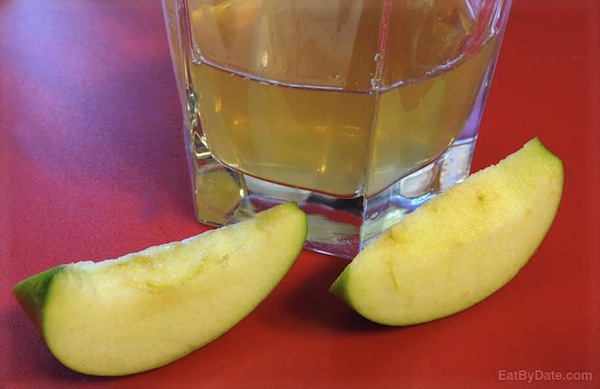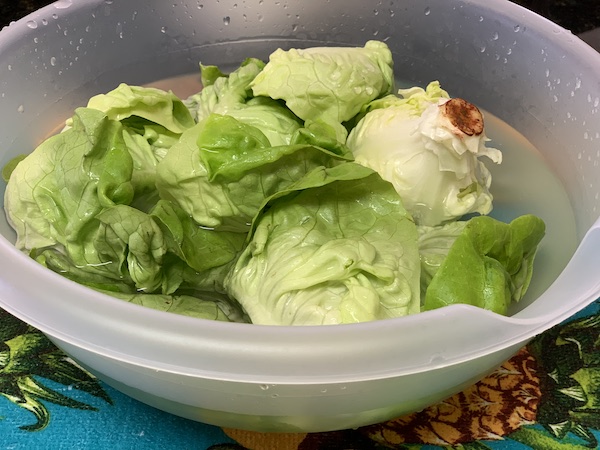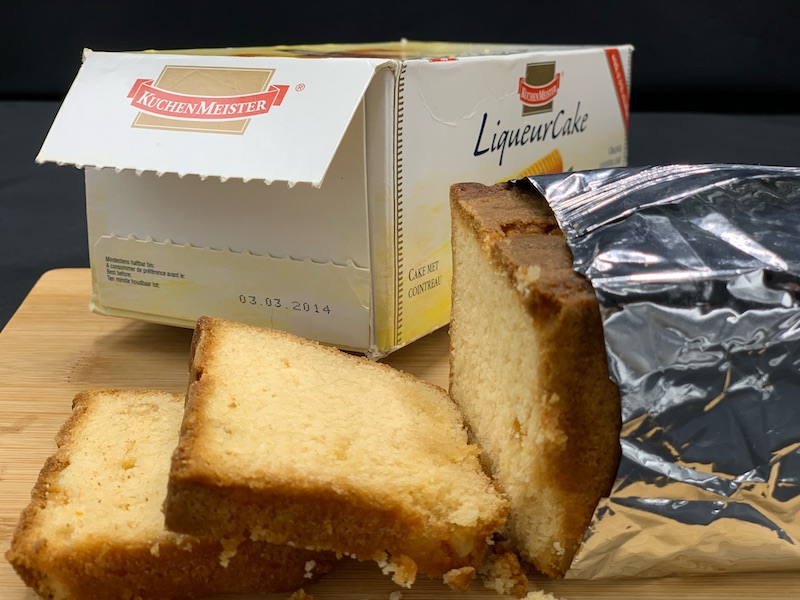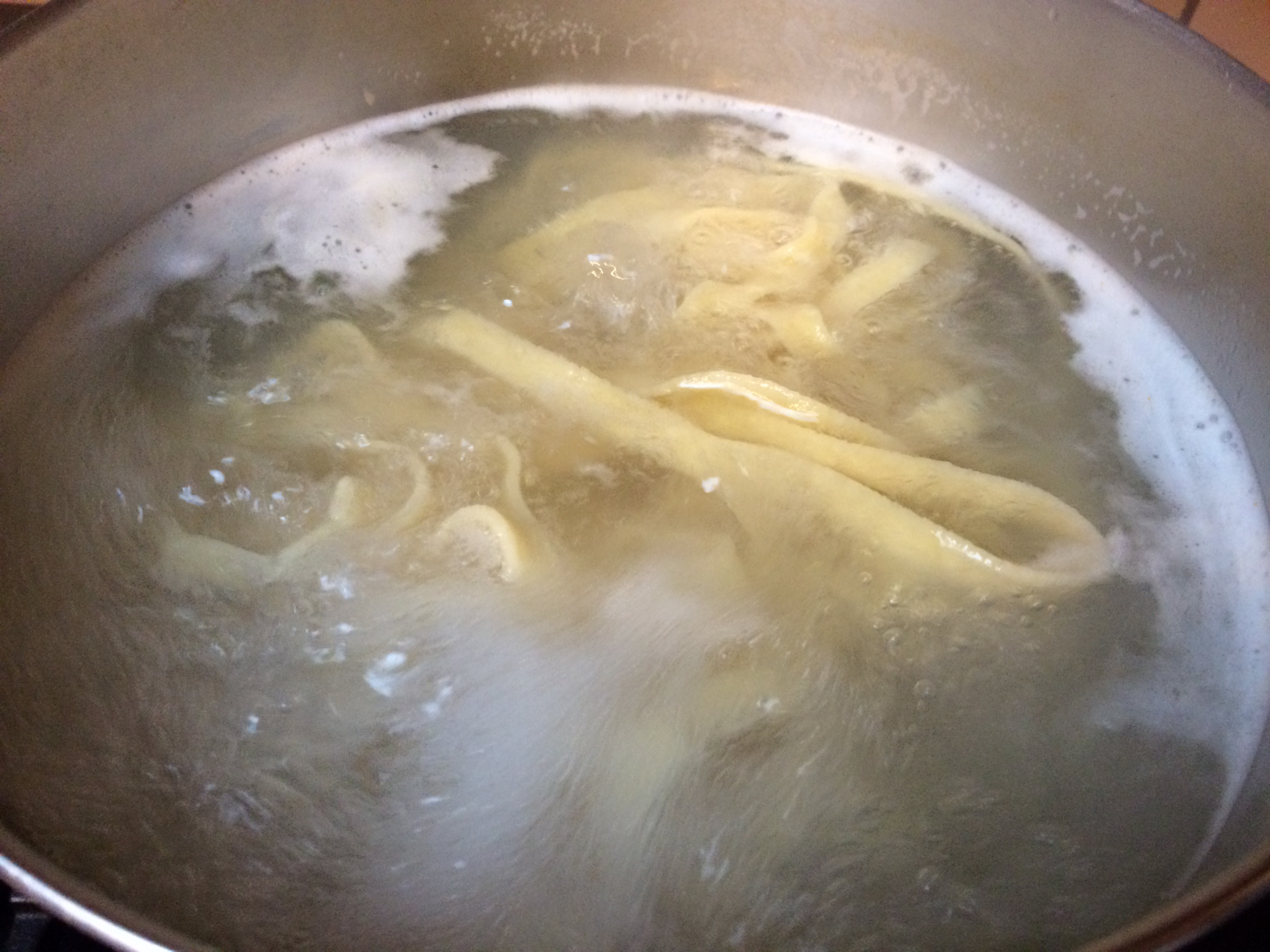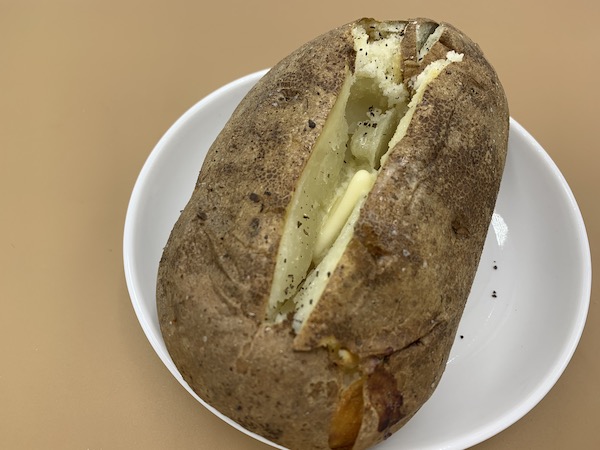Food Contamination
Food contaminants are everywhere – in the air, in the water and in the ground. Food contaminants are defined as any substance that makes food unfit for consumption. Proper food handling can keep your foods from making you sick.
According to government estimates, one in six Americans becomes ill from eating contaminated food each year. Most of them recover fairly quickly from food poisoning, but roughly 130,000 are hospitalized and 3,000 die each year. ,/p>
Food contamination articles appear regularly in the news.

Food Contaminants
The Food & Drug Administration (FDA) provides guidance, regulations and recently the proposal of stricter rules to producers and retailers in an attempt to prevent illnesses, yet they still end up reporting outbreaks. As consumers, we need to remain aware.
Types of Food Contaminants
There are basically three types of contamination and all three can effect your food and make it contaminated which in turn can make you sick:1) Biological contamination spreads through bacteria, virus, fungus or molds. This type of contamination is generally associated with unsanitary conditions or improper hygiene.
2) Chemical contamination occurs from food additives, pesticides used in growing the food, cleaning solvents, various metals like mercury in the water supply, or even dust in the air.
3) Physical contamination occurs from light, temperature or electricity.
Helping Prevent Food Contamination
So, prevent food contamination as much as possible in your own kitchen. You know to always wash your hands before handling food, but here are a few more that you may not have considered:
- Store your food properly in airtight containers.
- Store chemicals completely separate from foods.
- Store foods at their recommended temperatures and away from direct sunlight.
- Always wash fresh fruits and vegetables.
- Use clean utensils, and clean your sponge regularly.
- Use separate cutting boards for raw meats. Have one that is only used for raw meats and wash it in the dishwasher when finished.
- Cook foods to their recommended temperatures.
- Don’t use foods if the seal is broken, the can is bulged or it has a foul odor or appearance.
- Wear gloves if your hands have any cuts or rashes.
- Prevent pet access.
- Keep clean floors, tables, etc. in the surrounding areas.

